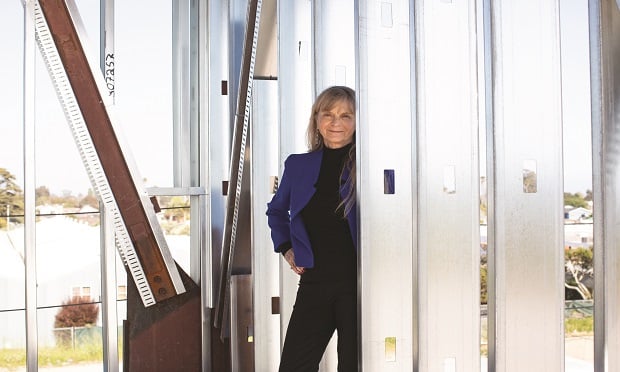 Pamela Davis, founder of the Nonprofits Insurance Alliance, in its future home at 300 Panetta Ave in Santa Cruz. (Photo: NIA)
Pamela Davis, founder of the Nonprofits Insurance Alliance, in its future home at 300 Panetta Ave in Santa Cruz. (Photo: NIA)
For women in corporate America in the 1980s, it was all about trying to fit into a workforce that comprised mostly of men. For women in insurance, the effort was even more pronounced. A conservative, male-dominant industry, insurance was missing executive-level female professionals, let alone female entrepreneurs.
Recommended For You
Want to continue reading?
Become a Free PropertyCasualty360 Digital Reader
Your access to unlimited PropertyCasualty360 content isn’t changing.
Once you are an ALM digital member, you’ll receive:
- Breaking insurance news and analysis, on-site and via our newsletters and custom alerts
- Weekly Insurance Speak podcast featuring exclusive interviews with industry leaders
- Educational webcasts, white papers, and ebooks from industry thought leaders
- Critical converage of the employee benefits and financial advisory markets on our other ALM sites, BenefitsPRO and ThinkAdvisor
Already have an account? Sign In Now
© 2025 ALM Global, LLC, All Rights Reserved. Request academic re-use from www.copyright.com. All other uses, submit a request to [email protected]. For more information visit Asset & Logo Licensing.








